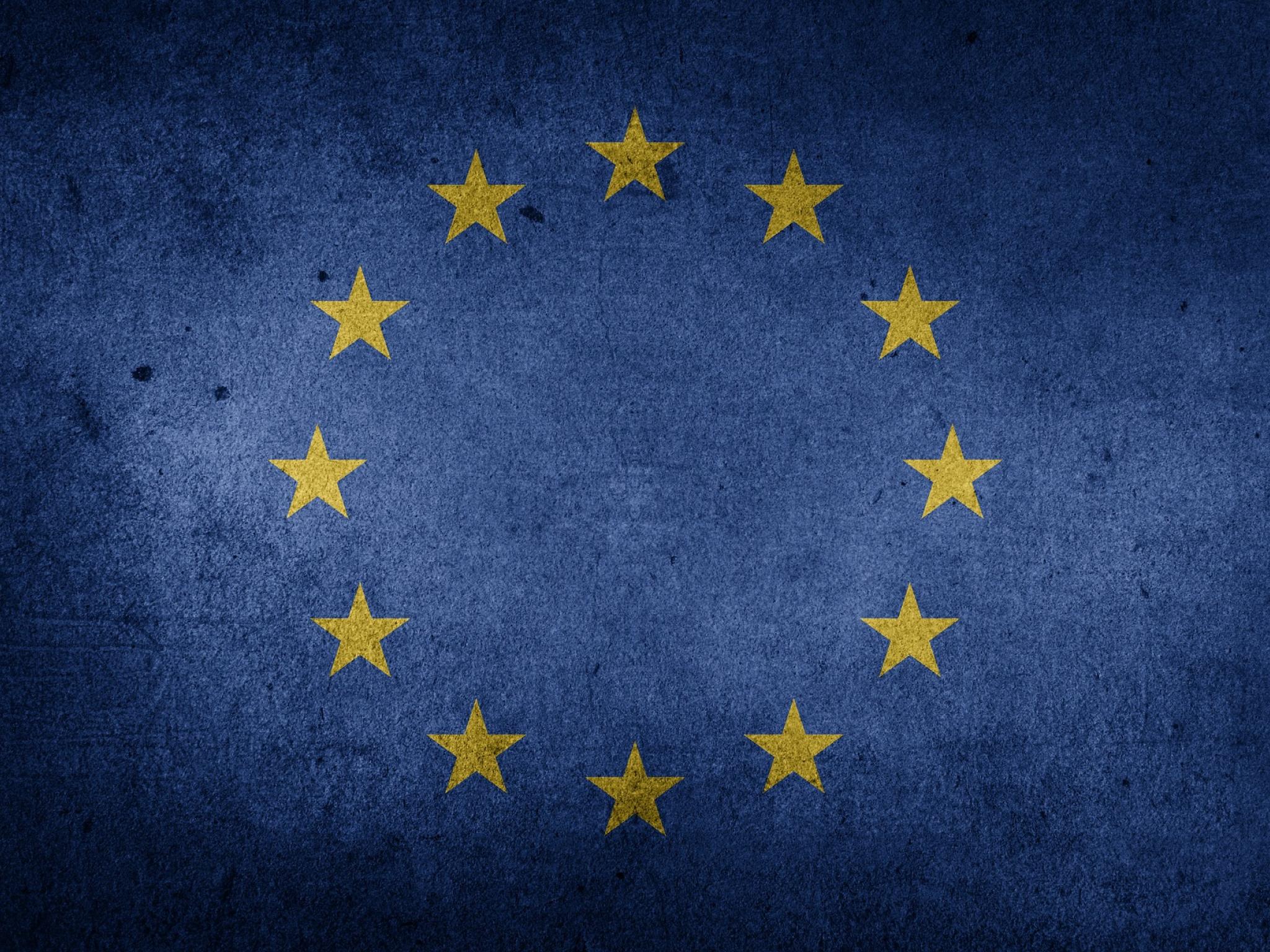
The European Union has finalized rules for transfers of cryptocurrency assets such as Bitcoin and electronic money tokens to ensure digital currencies can be traced like traditional cash.
The legislation is part of the new EU anti-money laundering package and will be aligned with the Markets in Crypto-assets rules (MiCA), which call for information on the source of the asset and its beneficiary travels with the transaction. Crypto-assets service providers (CASPs) will be obliged to provide the information to authorities in an investigation related to money laundering and terrorist financing.
The rules mandate that providers, prior to making crypto-assets available to beneficiaries, must verify that the source of the asset is not subject to restrictive measures or sanctions and that there are no risks of money laundering or terrorism financing.
Negotiators have also agreed that the set-up of a public register for non-compliant and non-supervised CASPs, with which EU CASPs would not be allowed to trade, will be covered under MiCA rules currently being negotiated.
Transactions from unhosted wallets will also be covered under the rules when they interact with wallets managed by CASPs.
If a customer sends or receives more than 1,000 euros to or from their own un-hosted wallet, the CASP will need to verify whether the un-hosted wallet is effectively owned or controlled by this customer.
However, the rules do not apply to person-to-person transfers conducted without a provider, such as bitcoin trading platforms, or among providers acting on their own behalf.
Ernest Urtasun, a member of the European Parliament, praised the new regulations for reducing the risks of fraud and making crypto-asset transactions more secure. He also cited how the EU travel rule will ensure that CASPs can prevent and detect sanctioned addresses and that transfers of crypto-assets are fully traceable.
"This regulation introduces one of the most ambitious travel rules for transfers of crypto assets in the world," he said. "We hope other jurisdictions will follow the ambitious and rigorous approach the co-legislators agreed today."







